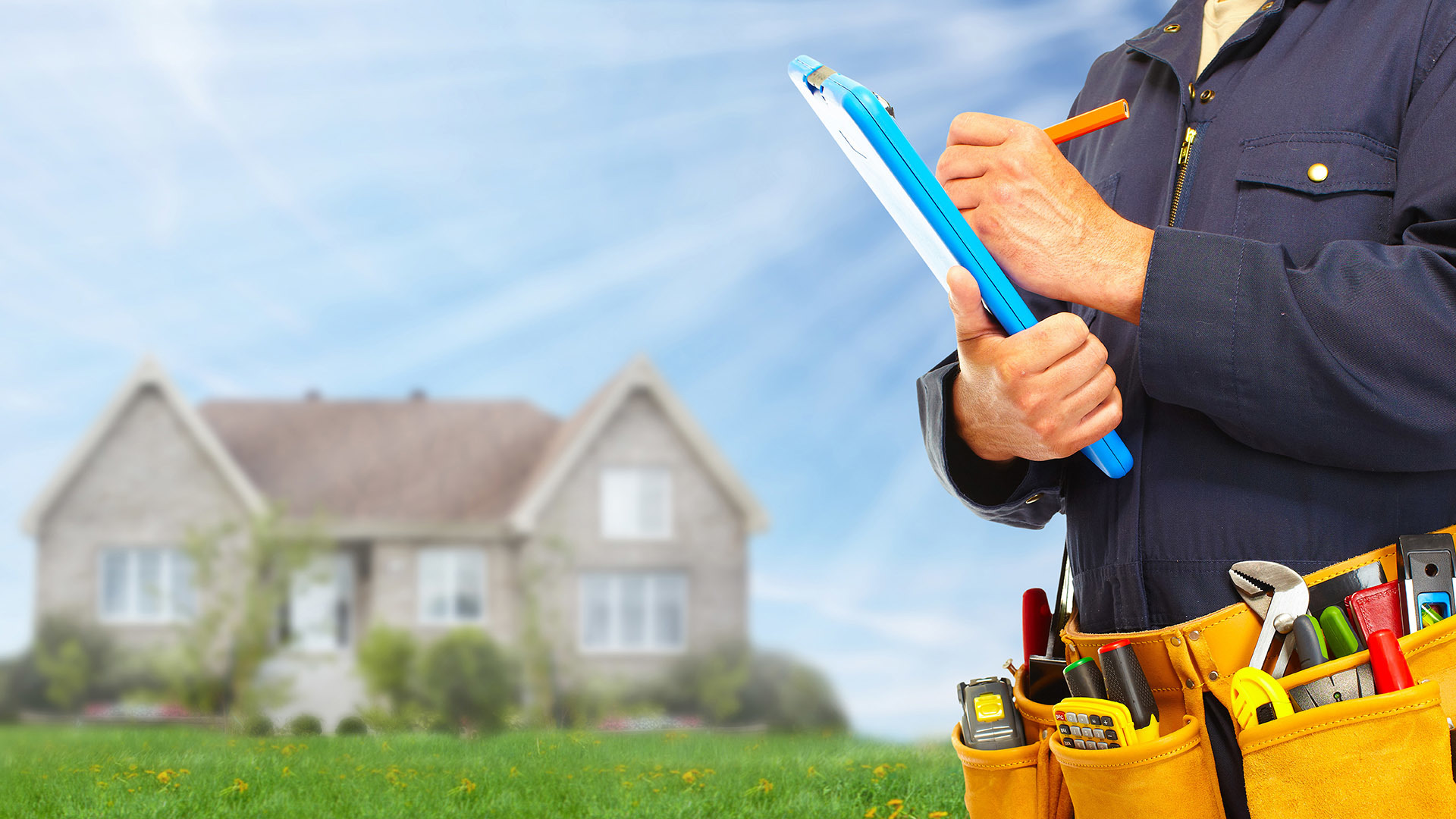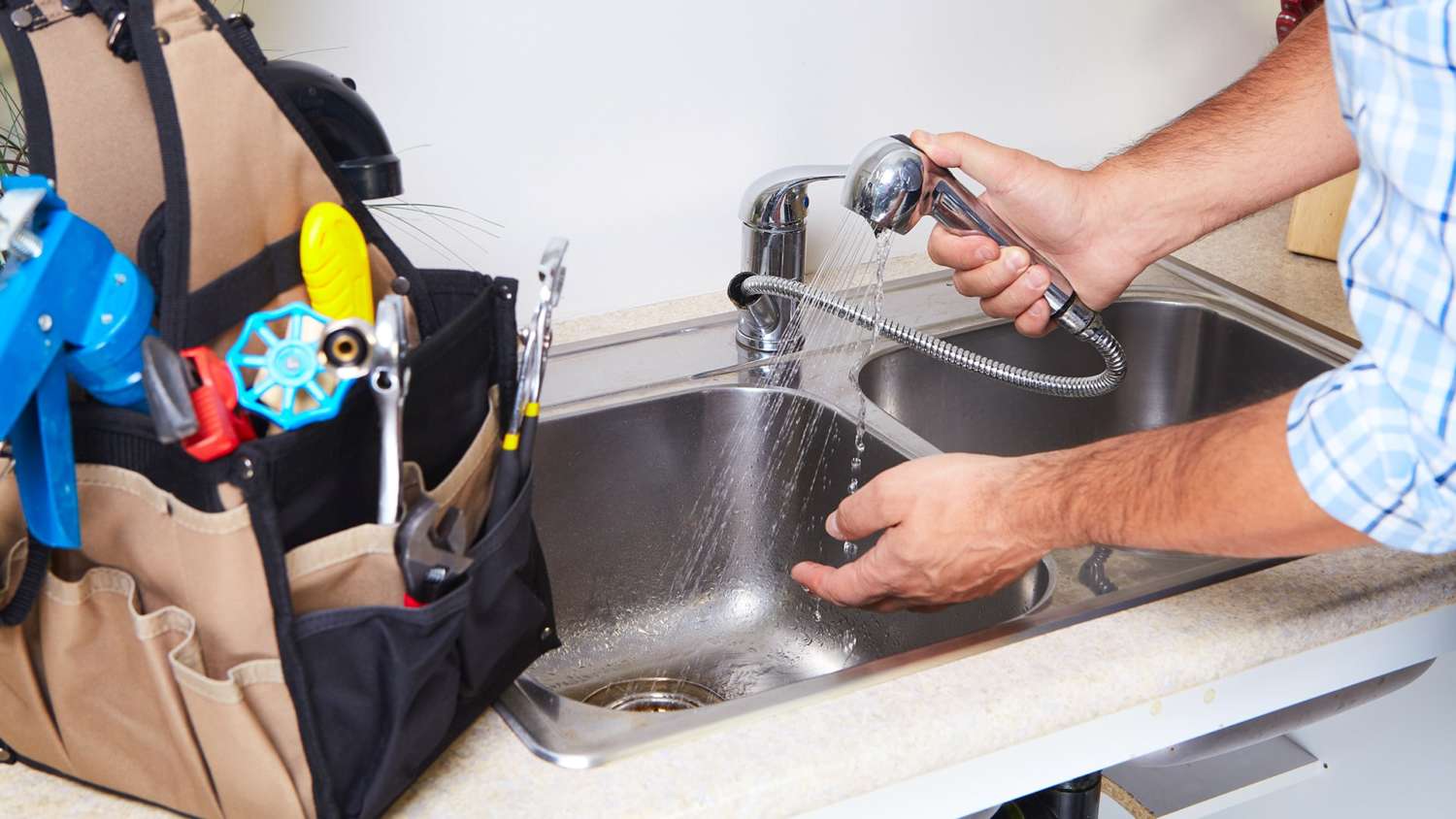Don’t you ever wonder how nice it would be if your plumber left some friendly advice now and then? Some wise tips, some tricks of the trade. Something that could help you cope with little plumbing mishaps.
But no, this almost never happens. There are things you should know about your home’s plumbing and your plumber isn’t telling you. Wouldn’t you love to know about these secrets? Sure enough, we’ve got you covered.
There are some things around the house that your average homeowner can attempt to fix herself. Replacing a light switch, shoring up a loose piece of molding, fixing a broken floor tile — these are all pretty basic things you might find on a honey-do list.
When it comes to plumbing, however, it’s a different story. Water always finds a way out, so even the smallest mistake in a plumbing repair can end in disaster. That means that when something is awry with your pipes, you need to call in a professional. When it comes to hiring a plumber and getting through a job, here are 10 things your plumber may not want you to know.
1. What To Do When Your House Is Flooding?
Obviously, any flooding situation due to a plumbing fault calls for emergency pipe repair and you should seek a professional ASAP. But there is something you can do immediately, before you even call the plumber.
You need to locate the main turnoff source and shut the water supply immediately. This will prevent the situation from worsening.
2. How To Avoid Pipe Bursts In Winters
There are some very simple tips for avoiding pipe bursts in the winter season. Of course, your plumber would probably never tip you about these.
3. To Be Or Not To Be… Flushed!
Do you often call the plumber to unclog your toilets? Okay then, we’ll tell you what’s going on with your toilet. You are flushing things that shouldn’t be. And what are those things, you’d ask?
Well, a lot of things – tissue paper, hygiene products, plastics. Basically, anything that’s not human waste is going to mean trouble if it goes down the toilet.
Having professionals clean our new home saves us so much time and our house looks fabulous! Everything smells fresh and clean.
Janet Green
4. Licensed Plumber
It may be possible that the plumber on call is not a licensed one, especially if you got his number from a flashy advertisement on the local newspaper. You should check with your local authorities for a list of licensed plumbers.
5. How To Fix The Faucet Flow
How long has it been since you last cleaned the aerator on the faucet? Hmmm … forever? So all you need to do is to unscrew the aerator and get rid of the debris that has collected in the aerator holes of the faucet.
You can use a wrench to loosen the aerator and it will come out easily. To clean the aerator, soak the aerator in a solution of baking soda and vinegar for a couple of hours and then rinse.
6. No Chemical Drain Cleaners
How you clean your drains on a regular basis is your own business. But here’s a word of caution to save you from the trap that most homeowners have fallen into. Never ever use chemical drain cleaners. Absolutely, never!
These drain cleaners contain toxic chemicals that are not only harmful to the environment, but also extremely detrimental to your home’s plumbing. These chemicals are abrasive and can corrode the drains and damage them forever.
7. Fixing The Leaking Flush
Just take a look inside the flush tank. You will find a float that holds the valve shut and prevents water from being released in the toilet. If the float is too low that’s what’s causing water to trickle down. You can manually (but very gently) lift the float up and secure the valve.
8. Unexplained Water Bill Rise
Can’t find a reason for the unreasonably high water bill this month? You wouldn’t have thought of discussing these financial matters with your plumber anyway. But it may be very likely that your rising water bill is an indication of a plumbing issue. There might be an undetected leaking pipe that’s causing water wastage.
9. Drain Snake
Your plumber would never tell you how easy it is to replace a drain snake. All you need is a wire hanger and some scotch tape. You can fashion the wire hanger like a drain snake and maneuver it to unclog the toilet and drains.
10. Water Damage Can Cost You Loads
It’s cent percent true. Water damage can amount to huge loss and is considered as one of the top causes of home insurance claims. That’s a good reason to keep your home’s plumbing in good condition.
 Many modern sink faucets are fitted with spray hose units, and these units occasionally leak or malfunction. The assembly has a diverter valve within the spout body, a flexible hose connected to the spout under the sink, and a spray head with an activating lever and an aerator assembly. The spray head body and lever are part of a sealed unit; if it malfunctions, the unit must be replaced with an identical unit. Other parts of the spray system, however, can be repaired.
Many modern sink faucets are fitted with spray hose units, and these units occasionally leak or malfunction. The assembly has a diverter valve within the spout body, a flexible hose connected to the spout under the sink, and a spray head with an activating lever and an aerator assembly. The spray head body and lever are part of a sealed unit; if it malfunctions, the unit must be replaced with an identical unit. Other parts of the spray system, however, can be repaired.
In this section, we’ll provide detailed instructions on how to service the various parts of a spray hose. We’ll start by discussing repairs to the aerator on the next page.
Not what you’re looking for? Try these:
- Plumbing: Tackling plumbing problems in the home can be quite daunting. Don’t dismay — the plumbing tips detailed in this article are sure to help, even if helping means advice on when to call a plumber.
- How to Fix Sinks, Tubs, and Drains: Plumbing issues related to sinks, tubs, and drains, can be fixed by the average homeowner…if you have some tips under your belt to help you identify and fix the problem. Find such tips in this article.
- Plumbing Troubleshooting: Sometimes figuring out what’s wrong with your toilet, drain, or other plumbing-related area is half the battle. Find helpful troubleshooting tips here.
- Plumbing Tools: You may already have many of the tools necessary for most plumbing jobs because they are the same tools used for other do-it-yourself projects. Find out about special plumbing tools, such as pipe wrenches, in this article.


